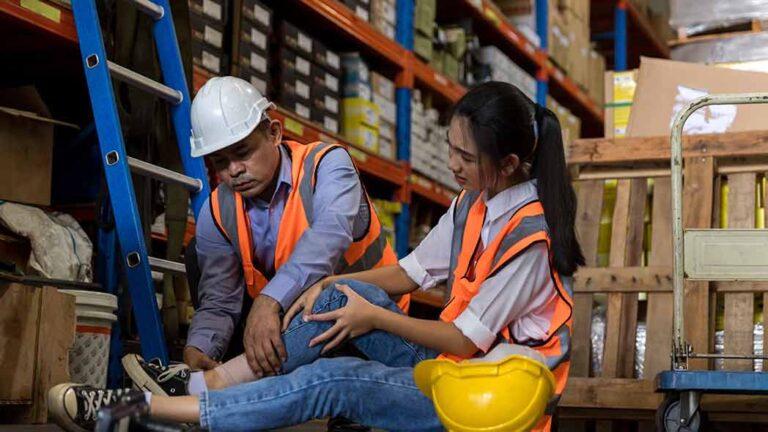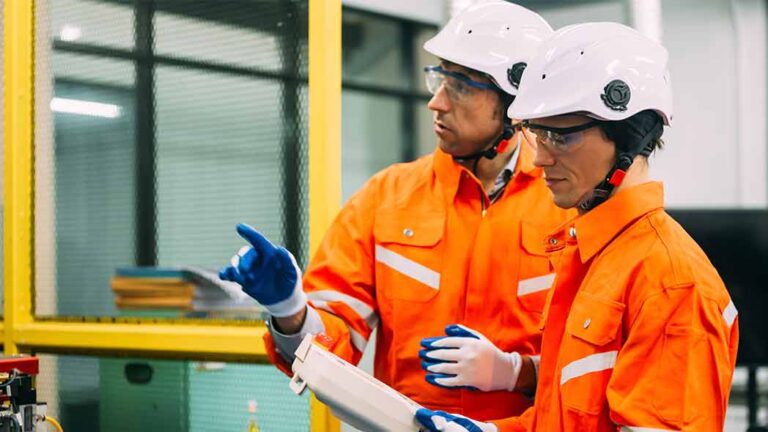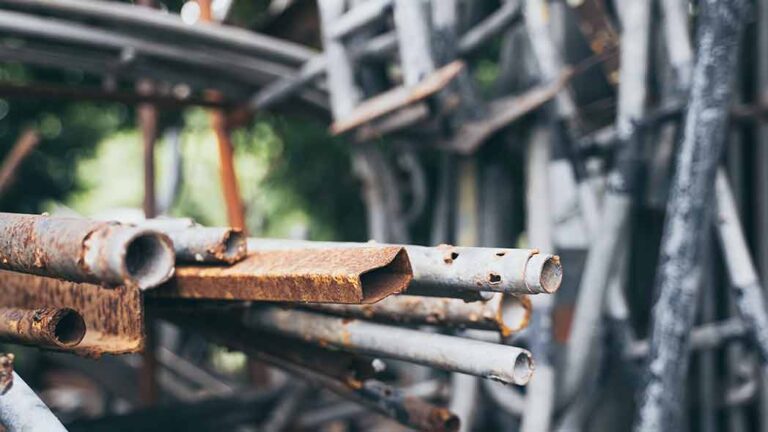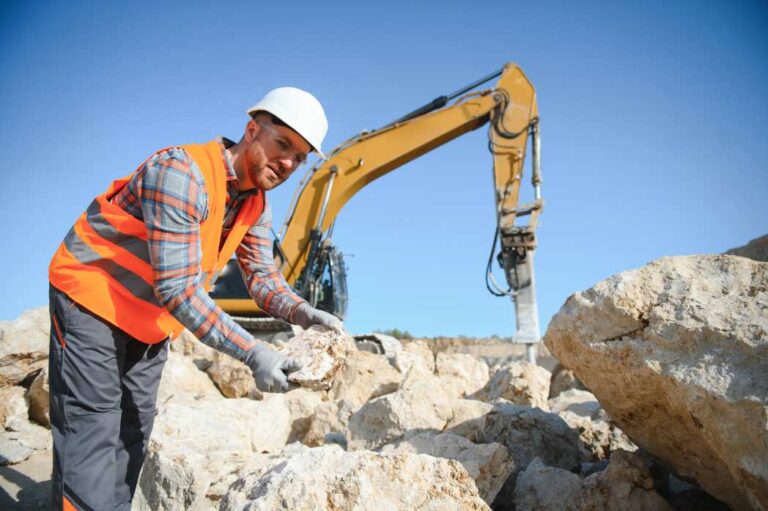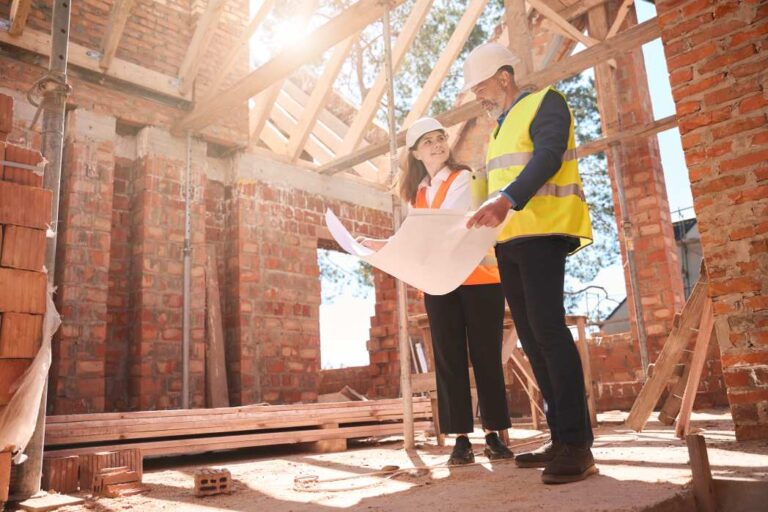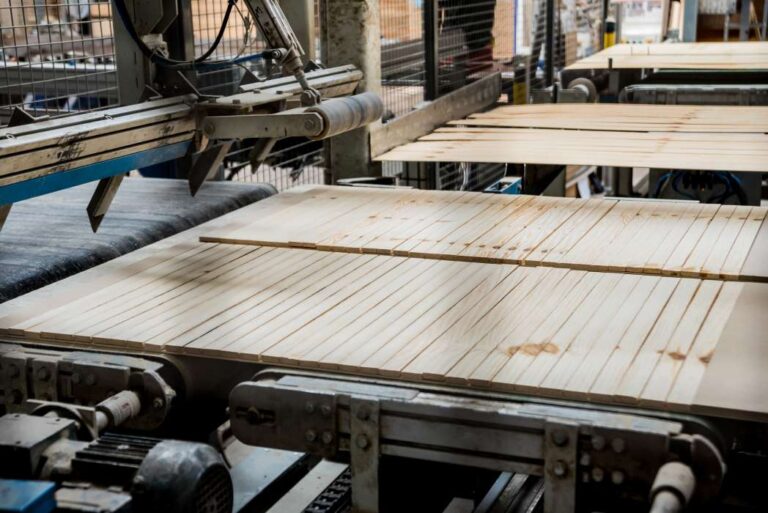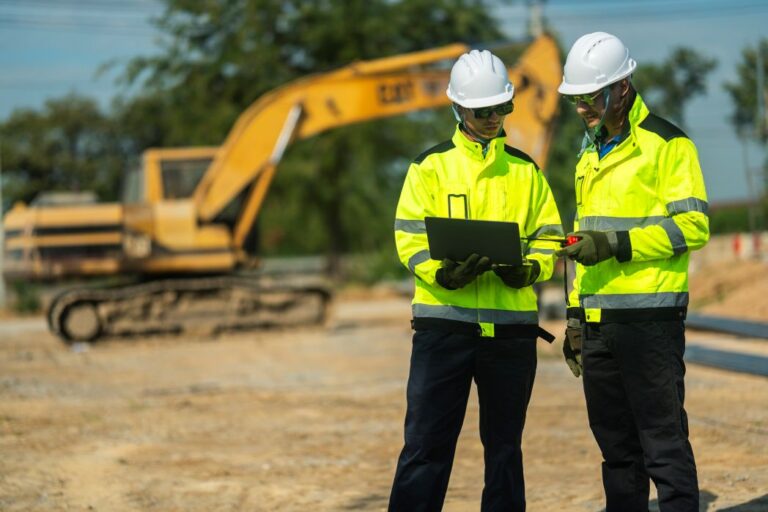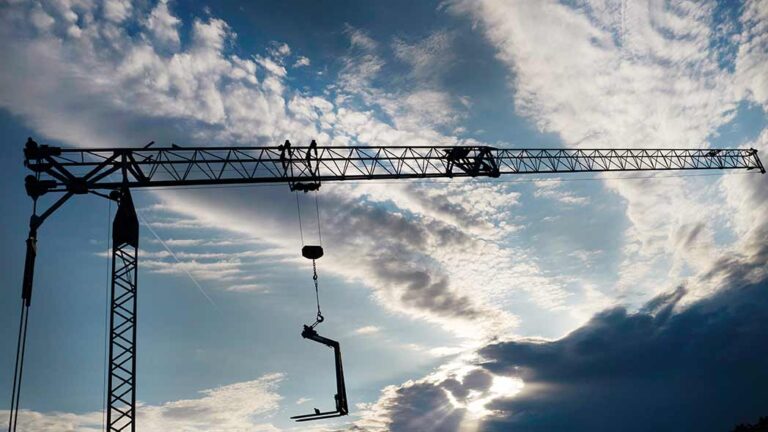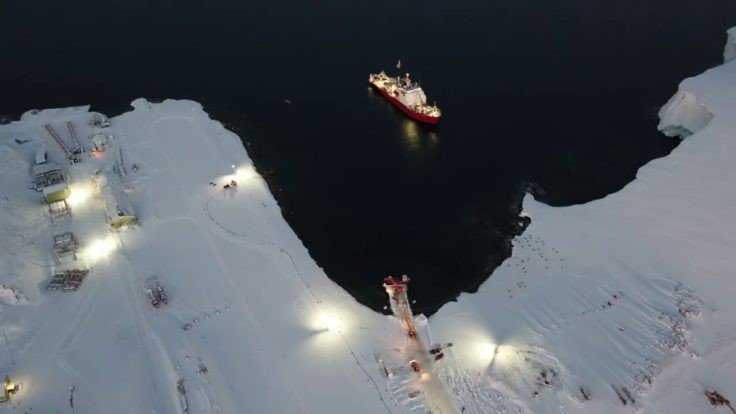
The onset of the Antarctic winter marks the end of the first construction season for the team building a wharf for the polar research ship RRS Sir David Attenborough.
The 50 workers are leaving British Antarctic Survey’s (BAS) Rothera Research Station after spending the last six months building the first phase of the new wharf.
Design and construction of the 74m-long wharf involves project leaders, engineers, construction workers and operational support teams from BAS, BAM, Sweco and Ramboll.
BAS senior infrastructure programme manager said: “This last six months has seen some exceptional results and innovative engineering. The teams from BAS, BAM, Sweco and Ramboll completed all that they set out to do. They delivered their work on time and with excellent safety performance. When construction resumes next year we will be starting from a very good point.”
The new steel-framed wharf is part of a modernisation of the UK’s Antarctic hub. The work has been commissioned by the Natural Environment Research Council (NERC), which is part of UK Research & Innovation. The aim is to keep the UK at the forefront of climate, biodiversity and ocean research.
For the last six months the engineering and construction team has lived alongside science and support teams from BAS. The Antarctic summer is the busiest time of year for scientific fieldwork.
As the construction team said goodbye to the Rothera wintering team and boarded the RRS James Clark Ross to make their way home, BAM’s lead on-site engineer Martha McGowan said: “It’s been a remarkable season in many respects. Working in a unique and special environment, with an exceptional team, and playing a part in helping support the future sustainability of our planet. The entire team that worked here in Rothera and back in the UK can feel proud of what has been achieved, I am truly grateful for all of their support and commitment.”
Graham Hopper, BAM’s project director, said: “The first season construction works at Rothera Wharf has been a tremendous success. The works have been delivered on programme and to budget, with an excellent safety and environmental performance. This success has been facilitated by the innovative method of delivery that has enabled the early engagement of all partners, the building of relationships and collaborative behaviours that have mobilised benefits in budget, programme and risk to all partners. Our employer UKRI/BAS should be given great credit for the selection of the procurement model and mentoring of partners. Thanks to these relationships and the early contractor engagement, our teams in Antarctica have worked seamlessly, sharing skills, equipment and delivering solutions to maximise benefit to all. All personnel involved in the project from the construction, scientific and operational communities, deserve to feel very proud of their achievements and I would like to pass on my thanks and admiration to all.”
Original publisher: The Construction Index

